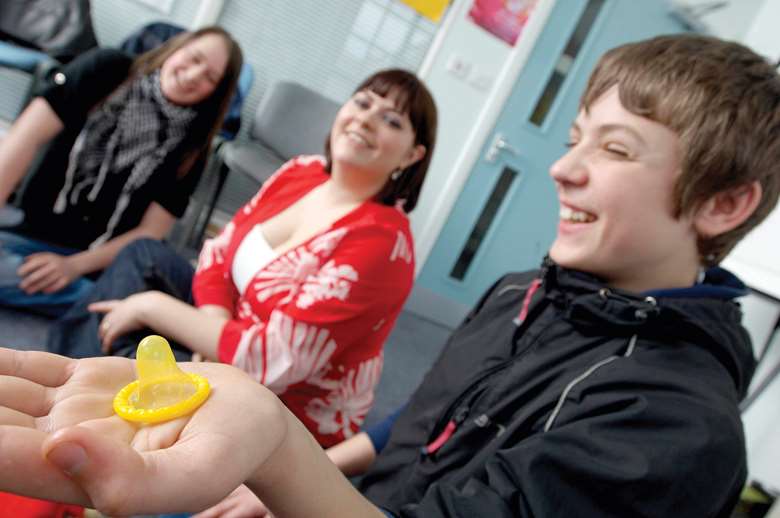DfE to revamp 'outdated' sex education guidance
Tristan Donovan
Tuesday, December 19, 2017
The government is to revise its "outdated" statutory guidance on relationships and sex education, which hasn't been updated for more than 17 years.

The Department for Education (DfE) today launched a call for evidence seeking views on how to update the guidance so that it covers lesbian, gay, bisexual and transgender (LGBT) issues and online risks to children such as sexting and cyberbullying, neither of which are currently mentioned in the guidance.
The guidance has not changed since the year 2000 when the now-abolished Section 28, which prohibited local authorities from "promoting" homosexuality, was still in place. Compulsory sex and relationships education are due to be introduced in all secondary schools, and relationships education in all primaries, from 2019.
"It is unacceptable that relationships and sex education guidance has not been updated for almost 20 years especially given the online risks, such as sexting and cyber bullying, our children and young people face," said education secretary Justine Greening.
"Young people must have an education that teaches them the importance of healthy and stable relationships."
The eight-week call for evidence will be lead by Ian Bauckham, the chief executive of the Tenax Schools Trust - a chain of seven Church of England academies - who was appointed as the government's advisor on relationships and sex education in November.
"Since I started work as a teacher over 30 years ago, enormous changes have taken place both in the lives of young people and in the wider world in which we are preparing them to live," said Bauckham.
"I hope that the call for evidence being launched now gives us the chance to find out about the best teaching and to improve provision for all our young people in all types of school."
Currently only pupils in local authority-run secondary schools - which account for a third of schools in England - are guaranteed to be offered relationships and sex education.
Ruth Hunt, chief executive of LGBT rights group Stonewall, said the overhaul of guidance is very much needed: "Schools that teach LGBT-inclusive relationships and sex education are in the minority, leaving many LGBT young people without the information they need to make safe, informed decisions.
"Just 13 per cent of LGBT young people have learnt about healthy same-sex relationships. In schools where pupils receive an inclusive education, LGBT pupils are less likely to experience bullying. They are also more likely to report feeling safe, welcome and happy at school."
Javed Khan, chief executive of the children's charity Barnardo's, also welcomed the plan to bring the guidance up to date.
"When we polled children they overwhelmingly told us that relationships and sex education lessons would be important for them to understand the dangers of being online so they can stay safe, and that they wanted to know the risks of sharing images of themselves with a stranger online," he said.
"It's important that the government listens to the voices of young people, parents and experts on what they want to see included in these lessons and who is best placed to teach them to equip children for modern life and help prevent them being groomed or sexually exploited."
Details of the call for evidence are due to be published on the DfE website.




